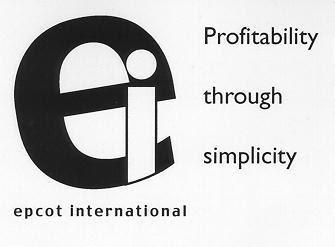All of us who are concerned with pharmaceuticals have to follow
and comply with different regulations and directives. In the last ten years
number of do’s and don’ts and “how to” have increased. Competition for drugs
and APIs from developing countries has increased. It has been most painful for members
of SOCMA (Society of Chemical Manufacturers and Associate) and ECFG (European
Fine Chemical Group). They have had significant loss of business.
In their effort to stop the business loss Falsified Medicine Directive (FMD) will be promulgated in 2013. GDFUA
(Generic
Drug User Fee Amendments) has been enacted and will come in play. cGMP
practices have been coordinated and updated. Overall expectation is that
whatever is sold in the developed countries, where the profit margins are the
highest, drugs will be safest and meet the established quality standards.
From drug safety perspective all these make perfect sense. It
is expected that by having regulations and directives customers will have safe
and quality drugs. However, if some of the new directives and barriers are
fully enforced, customers could face the following.
- Possible shortages
- Higher drug prices from current levels
We are sure that governments will intervene in either case and
do their best to prevent each from happening.
On other side of the coin, suppliers from developing
countries who supply majority of the APIs for the generics and brand/ethical
drugs are not going to roll over and let go of their business. I believe many
will be hurt and could go out of business but they have options. Constraints applied
under FMD and others could finally lead to implementation of best of technologies and practices that are overdue in pharmaceuticals.
Constraints could force consolidation and it might be the best option for many.
Consolidation would lead to increased production volume per
site. This would also be an opportunity to create and commercialize best of the
manufacturing processes for the products. Best practices of chemical
engineering, chemistry and economics would be applied. With economies of scale and
best safe and sustainable technologies, my expectation would be that their
costs would be lower and quality equal or better than the companies asking for
constraints. Overall business process will also be better. Best of technologies
and business practices should improve profits for the consolidated companies from
current levels. Drug prices should be lower. Consolidation might take some
time, as it would be marriage of existing competitors a challenge in itself.
If consolidated companies are successful, I would believe
that many other would follow suit to create formidable competitors that are
much stronger than what we currently have anywhere in pharma. Pharmaceuticals
will finally be able to compete. I wonder if this happens would it be the last
laugh of the companies from the developing countries. Let us watch what brews
out of these directives and regulations.
Girish Malhotra, PE
EPCOT International
